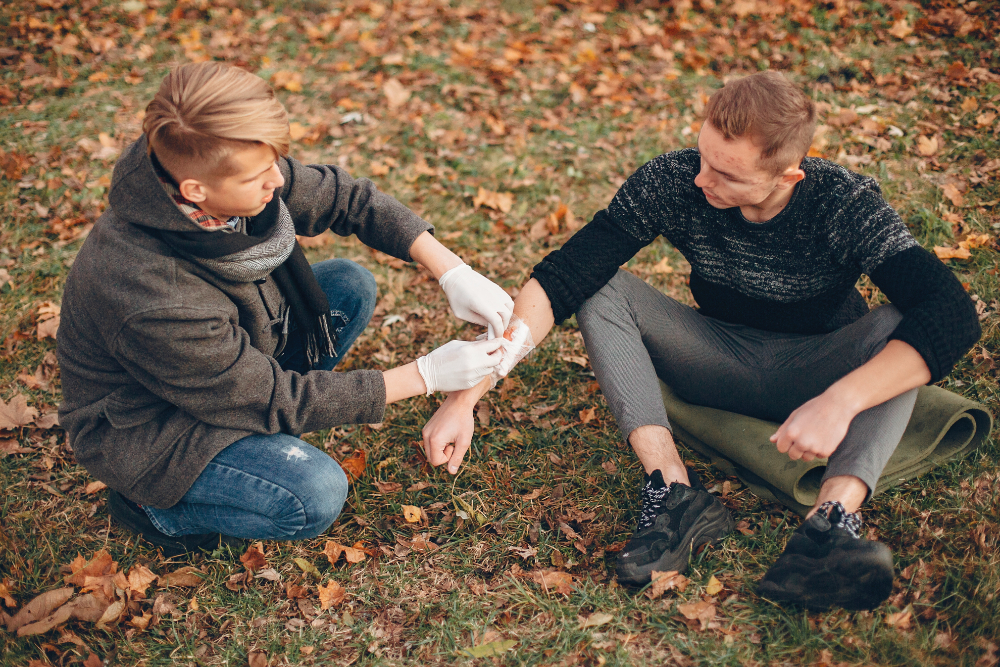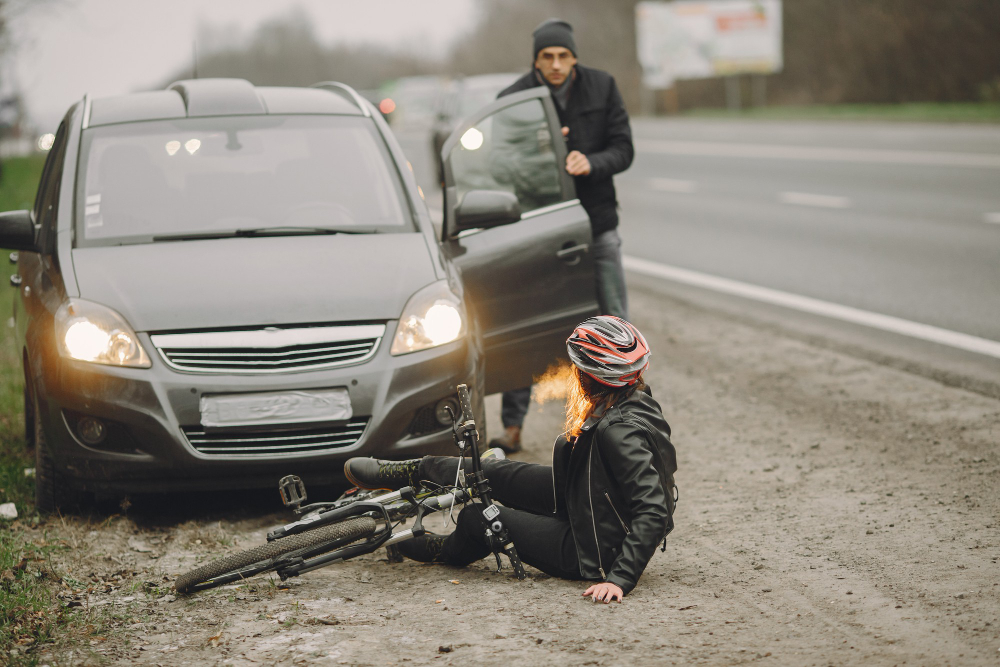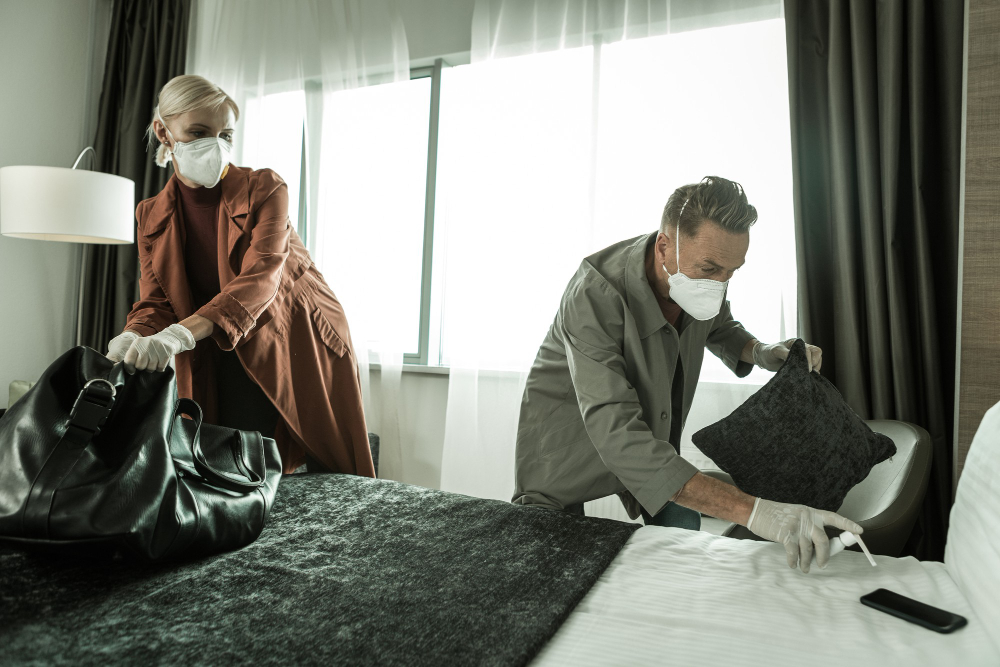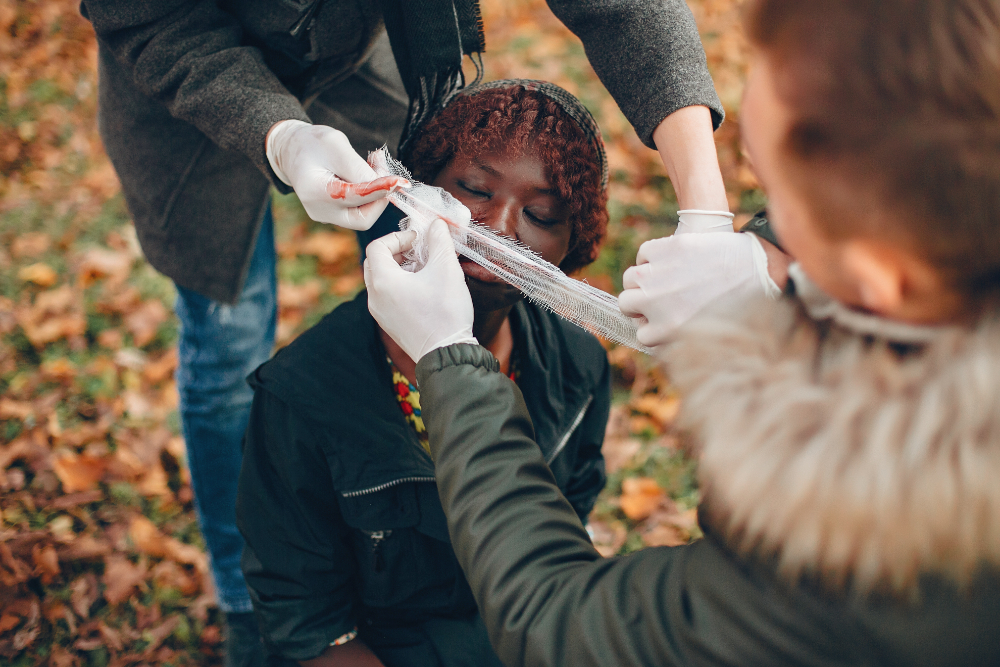Stay informed to avoid these common travel mishaps and enjoy a safer journey.

Traveling offers unforgettable experiences, but it also comes with risks that can quickly turn a dream trip into a disaster. From slips and falls to transportation mishaps, accidents often occur when we least expect them. Knowing what dangers to watch for can help you take precautions and stay safe during your travels.
Here are ten surprisingly common accidents that happen while traveling and tips to minimize your chances of encountering them.
1. Slipping and falling on uneven or wet surfaces.

Whether walking on cobblestone streets in Europe or navigating slippery hotel lobbies, slips and falls are among the most frequent travel accidents. They can result in sprains, fractures, or head injuries, ruining your trip. To prevent these accidents, wear sturdy, comfortable shoes with good traction and stay alert in unfamiliar surroundings. Watch out for wet floors, uneven pavement, or poorly lit areas. Taking these precautions can keep you steady and on your feet throughout your journey.
2. Getting injured during outdoor adventures or extreme sports.

Activities like hiking, zip-lining, or water sports are exciting but come with inherent risks. Common injuries include cuts, sprains, or worse, especially when safety precautions are overlooked. Always use proper gear, follow the guide’s instructions, and assess your physical limits before participating. Choosing reputable tour operators with high safety standards is crucial. By prioritizing safety, you can enjoy adventurous activities while minimizing the risk of injuries that could end your trip prematurely.
3. Suffering transportation-related accidents while exploring.

Whether using taxis, buses, or bikes, transportation accidents are a common travel hazard. Reckless drivers, unfamiliar traffic rules, or poor road conditions can lead to crashes or injuries. Always use seatbelts, research local traffic laws, and choose licensed, well-reviewed transportation options. For cyclists or scooter users, wearing a helmet and staying in designated lanes is essential. Being vigilant and cautious while navigating new areas can reduce your chances of becoming a traffic accident statistic.
4. Accidental poisoning from unfamiliar foods or beverages.

Trying new foods is a highlight of traveling, but improperly prepared or contaminated meals can cause food poisoning. Symptoms like nausea, vomiting, or diarrhea can quickly ruin your trip. To reduce the risk, avoid street food that appears unhygienic, drink bottled water in regions with questionable tap water quality, and stick to cooked dishes. Packing anti-diarrheal medication and staying hydrated helps you recover quickly if you do experience food-related issues.
5. Burns or injuries from mishandling unfamiliar equipment.

Simple activities like using an unfamiliar coffee maker, operating a rental car, or handling a barbecue can lead to burns or other injuries. Travelers often underestimate the importance of reading instructions or seeking assistance. Take a moment to familiarize yourself with equipment and ask for demonstrations when needed. If using kitchen appliances or fire-related tools, prioritize safety by keeping a safe distance and using protective gear. Careful handling prevents unnecessary accidents.
6. Overexertion or heatstroke during sightseeing or activities.

Overexertion is a common issue, especially when traveling to hot or humid destinations. Long days of sightseeing without breaks can lead to dehydration, heat exhaustion, or even heatstroke. Carry a reusable water bottle, wear breathable clothing, and schedule regular breaks to rest in the shade. Adjust your itinerary to include less physically demanding activities during the hottest parts of the day. These measures ensure you stay comfortable and avoid health issues caused by overexertion.
7. Injuries caused by luggage mishaps at airports or hotels.

Heavy or improperly packed luggage can cause back strains, bruised toes, or other minor injuries. Mishandling suitcases, such as lifting them incorrectly or tripping over them in tight spaces, is surprisingly common. Use luggage with wheels to minimize carrying, pack items evenly to avoid tipping, and lift with your legs rather than your back. If possible, ask for assistance with heavy bags. Taking care with your luggage helps you avoid unnecessary injuries and stress.
8. Cuts or infections from improperly maintained accommodations.

Broken glass, rusty nails, or poorly maintained furniture in hotels or rental properties can cause cuts or infections. Always inspect your accommodations upon arrival for any hazards and notify staff about needed repairs. Carry a small first-aid kit with disinfectant, bandages, and antibiotic ointment to treat minor injuries promptly. Taking these steps ensures you’re prepared to handle small accidents and maintain your health while staying in unfamiliar places.
9. Drowning or near-drowning incidents during water activities.

Swimming in unfamiliar waters or participating in activities like snorkeling or jet-skiing can lead to drowning incidents. Strong currents, lack of life jackets, or overestimating your swimming ability increase the risk. Always follow posted safety warnings, stay within designated swimming zones, and wear life vests during water sports. If you’re not a confident swimmer, consider taking a lesson before your trip. Staying cautious ensures a safer and more enjoyable experience in the water.
10. Getting injured by wildlife or insects while exploring nature.

Nature excursions can lead to unexpected encounters with wildlife or insects, resulting in bites, stings, or even serious injuries. Avoid approaching animals, wear protective clothing, and use insect repellent to minimize risks. If hiking or camping, research local wildlife and understand how to react in encounters with potentially dangerous species. Being prepared and aware allows you to enjoy the beauty of nature while staying safe from its hidden dangers.
